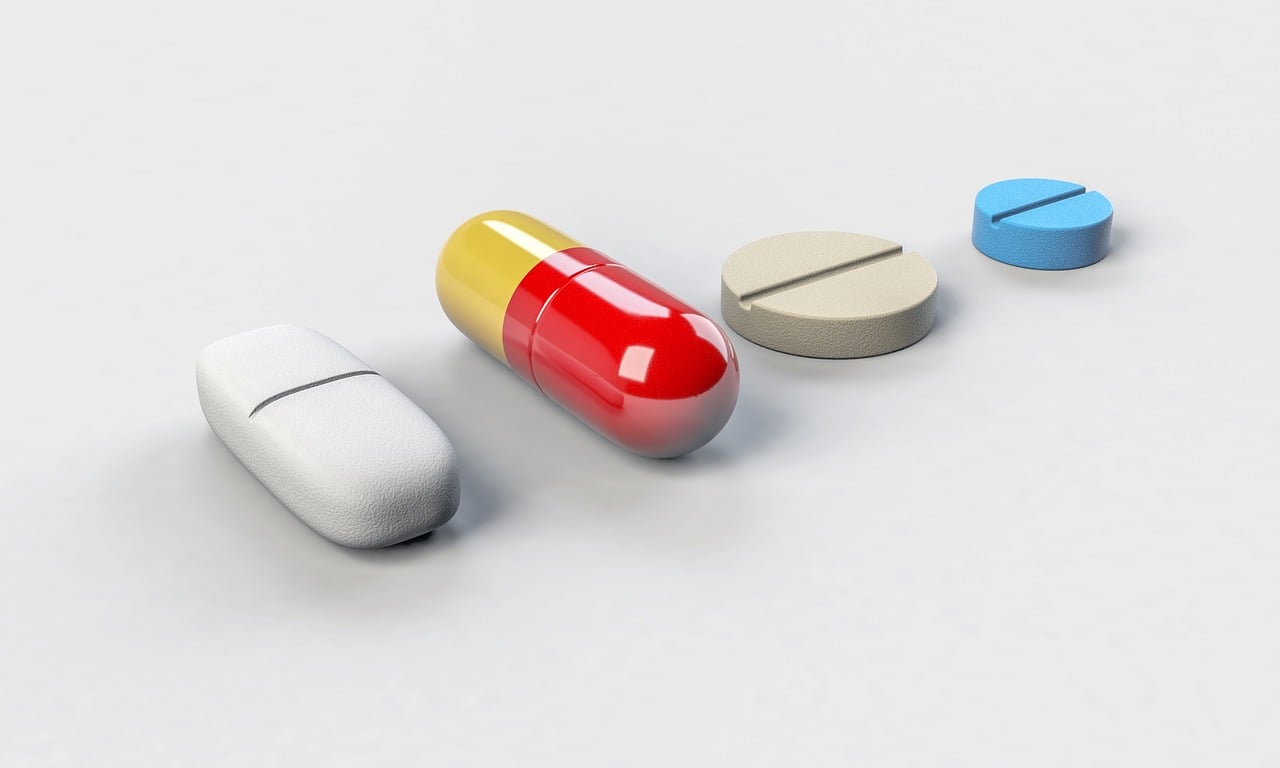The landscape of weight management medication has expanded with the introduction of Zepbound by the American pharmaceutical company Eli Lilly. The U.S. Food and Drug Administration recently gave the green light to this new drug, offering hope for adults struggling with obesity or excess weight, especially those who also suffer from related health issues like high blood pressure, type 2 diabetes, or high cholesterol.
Zepbound enters the market as an injectable medication to be used once a week. Its key component, tirzepatide, is not new to the medical community, as it’s also the active ingredient in Eli Lilly's diabetes drug Mounjaro. Although Mounjaro was originally designed to help manage blood sugar levels, doctors have noticed its effectiveness in aiding weight loss and have been prescribing it for that purpose.
The mechanics behind Zepbound are akin to the action of drugs like Wegovy and Ozempic by Novo Nordisk. These medications all work by imitating a hormone called GLP-1 that naturally occurs in the human body, aiding in regulating blood sugar, digestion, and appetite. Furthermore, Zepbound operates on another hormone, GIP, to help curb hunger.
These GLP-1 mimicking drugs were first seen as treatments for type 2 diabetes but have since gained traction as powerful tools in the fight against obesity—a condition that plagues nearly 70 percent of American adults. The demand for such drugs has led to shortages, most notably for Wegovy, which has been in short supply since early 2022.
Carefully Tested Drugs for Obesity and Health Problems
Eli Lilly has backed Zepbound's effectiveness with clinical trials that spanned 72 weeks and involved over two thousand participants dealing with obesity and associated health issues.
The results were promising, with participants showing significant weight loss when combining the medication with lifestyle changes, such as improved diet and exercise. Those on the highest dosage saw remarkable results, with an average weight loss of 48 pounds, and some even lost upwards of 58 pounds.
Despite these significant achievements, some participants experienced side effects, mainly digestive discomforts like nausea and constipation. However, Eli Lilly is gearing up to make Zepbound available in the United States by the year's end, pricing it monthly at a substantial but competitive rate compared to Wegovy. The company is also creating a savings program to help individuals who could benefit from Zepbound afford it.
As the medical industry advances, oral versions of GLP-1 drugs are in development, potentially increasing their appeal. Upcoming research about the cardiovascular benefits of these medications, to be presented at the American Heart Association meeting, could further drive the interest and demand for weight management solutions like Zepbound.
Cover Image: Qimono



 Novo Nordisk and Eli Lilly Cut Obesity Drug Prices in China as Competition Intensifies
Novo Nordisk and Eli Lilly Cut Obesity Drug Prices in China as Competition Intensifies  Merck Raises Growth Outlook, Targets $70 Billion Revenue From New Drugs by Mid-2030s
Merck Raises Growth Outlook, Targets $70 Billion Revenue From New Drugs by Mid-2030s  SoftBank and Intel Partner to Develop Next-Generation Memory Chips for AI Data Centers
SoftBank and Intel Partner to Develop Next-Generation Memory Chips for AI Data Centers  Jensen Huang Urges Taiwan Suppliers to Boost AI Chip Production Amid Surging Demand
Jensen Huang Urges Taiwan Suppliers to Boost AI Chip Production Amid Surging Demand  Nvidia, ByteDance, and the U.S.-China AI Chip Standoff Over H200 Exports
Nvidia, ByteDance, and the U.S.-China AI Chip Standoff Over H200 Exports  Novo Nordisk Stock Surges After FDA Approves Wegovy Pill for Weight Loss
Novo Nordisk Stock Surges After FDA Approves Wegovy Pill for Weight Loss  SpaceX Prioritizes Moon Mission Before Mars as Starship Development Accelerates
SpaceX Prioritizes Moon Mission Before Mars as Starship Development Accelerates  Google Cloud and Liberty Global Forge Strategic AI Partnership to Transform European Telecom Services
Google Cloud and Liberty Global Forge Strategic AI Partnership to Transform European Telecom Services  FDA Fast-Track Drug Reviews Delayed Over Safety and Efficacy Concerns
FDA Fast-Track Drug Reviews Delayed Over Safety and Efficacy Concerns  Sanofi to Acquire Dynavax in $2.2 Billion Deal to Strengthen Vaccines Portfolio
Sanofi to Acquire Dynavax in $2.2 Billion Deal to Strengthen Vaccines Portfolio  Instagram Outage Disrupts Thousands of U.S. Users
Instagram Outage Disrupts Thousands of U.S. Users  AMD Shares Slide Despite Earnings Beat as Cautious Revenue Outlook Weighs on Stock
AMD Shares Slide Despite Earnings Beat as Cautious Revenue Outlook Weighs on Stock  Baidu Approves $5 Billion Share Buyback and Plans First-Ever Dividend in 2026
Baidu Approves $5 Billion Share Buyback and Plans First-Ever Dividend in 2026 































